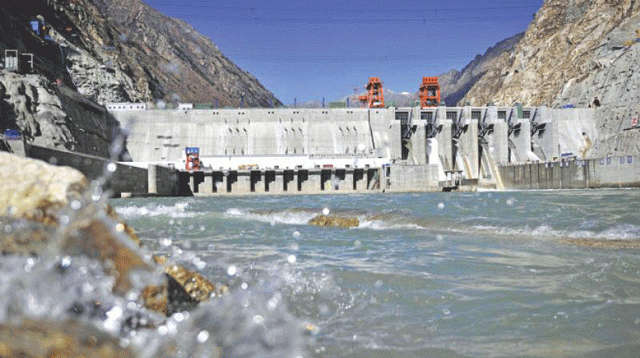
“In my view the World Bank has bowed to Indian pressure which in turn is stalling on the process of resolution by a Court of Arbitration (CoA),” Jamait Ali Shah said during an interview with The Third Pole, a non-profit organisation. Shah added that Pakistan had approached the WB to set up the CoA as a last resort only after it failed to resolve the issue bilaterally with its arch rival.
WB’s delay in Indus Water Treaty mediation ‘prejudices Pakistan’s rights’
India recently revealed its intentions to block waters flowing into Pakistan. However, Islamabad took an exception to the Indian designs, saying any such move would be taken as open aggression. Pakistan disputed India’s move to construct two power plants – the 330-megawatt Kishanganga hydropower plant and 850-megawatt Ratle hydroelectric power plant. The power plants are being built by India on the Kishanganga and Chenab rivers respectively.
An exercise in futility
According to the ex-commissioner, the WB’s request to restart bilateral negotiations at the level of the Indus Commission is going to be an exercise in futility. “To my mind, this dilly dallying on the part of the Bank only reinforces the latter’s intention to give impetus to Indian Prime Minister Narendra Modi’s threat of scrapping the treaty,” he posited.
Shah went on to suggest that it was very alarming for Islamabad and there had been suspicion that India was pushing Pakistan for a Treaty II only on the western rivers, the waters of which were allocated to the latter in 1960. “That is why the Bank and the US are seen debating it and dictating Pakistan for an amicable resolution (revision in the treaty). Or at least India wants to get out of the restriction laid down on them in the IWT regarding western rivers, as India cannot liberally utilise these waters as per its will and demand,” he said.
Ministry’s disinterest adds to the damage
In response to a question regarding what strategy should Pakistan adopt in face of the growing hastily from its eastern neighbour, the former commissioner said the disinterest in matters of the ministry of water and power had added to the damage.
Pakistan needs to strengthen legal stance on IWT
“Pakistan first notified India for resolution of the questions (on Kishanganga and Ratle projects) by a NE (neutral expert) and then withdrew it, then approached the Bank for a CoA,” he said adding that it was an issue to be resolved by the NE being technical/design in nature.
According to Shah, processing the issue through CoA was not required. “But the question that comes to mind is to look deeper in the vested interest in the deadlock,” he said. “Who is guiding Pakistan to go round in circles? Most importantly, who engaged the two law firms in Washington DC which decided to process the case for CoA through the Bank?”
Claiming that many people aim to benefit from the case being taken from one authority to another, Shah said the expenses incurred were Rs300 million of which Rs190 million have already been paid.
This article originally appeared on The Third Pole.

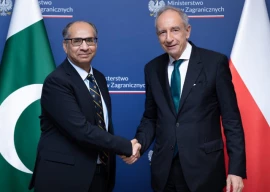
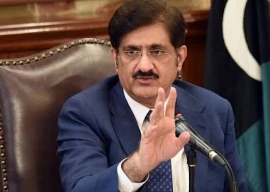

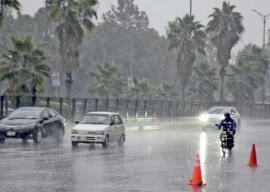
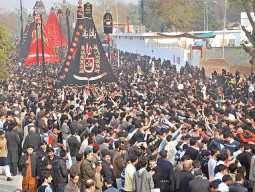


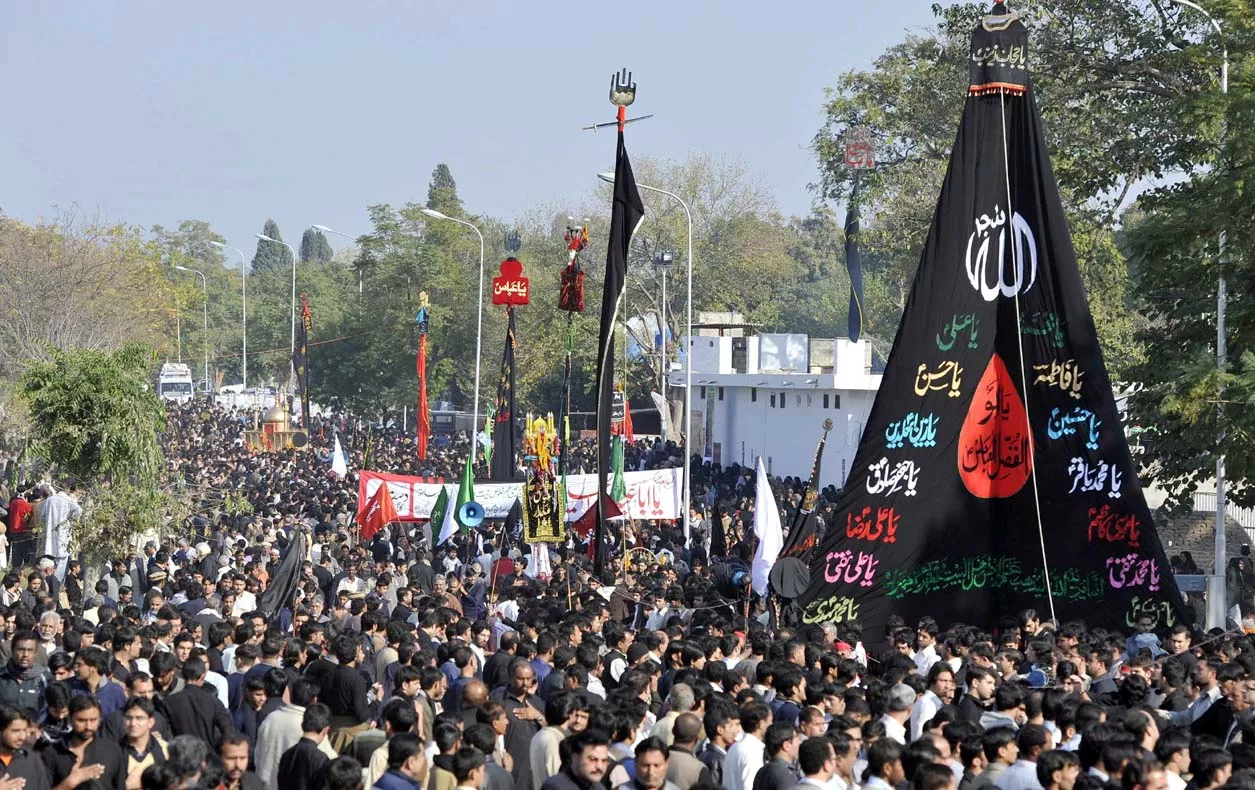








COMMENTS
Comments are moderated and generally will be posted if they are on-topic and not abusive.
For more information, please see our Comments FAQ